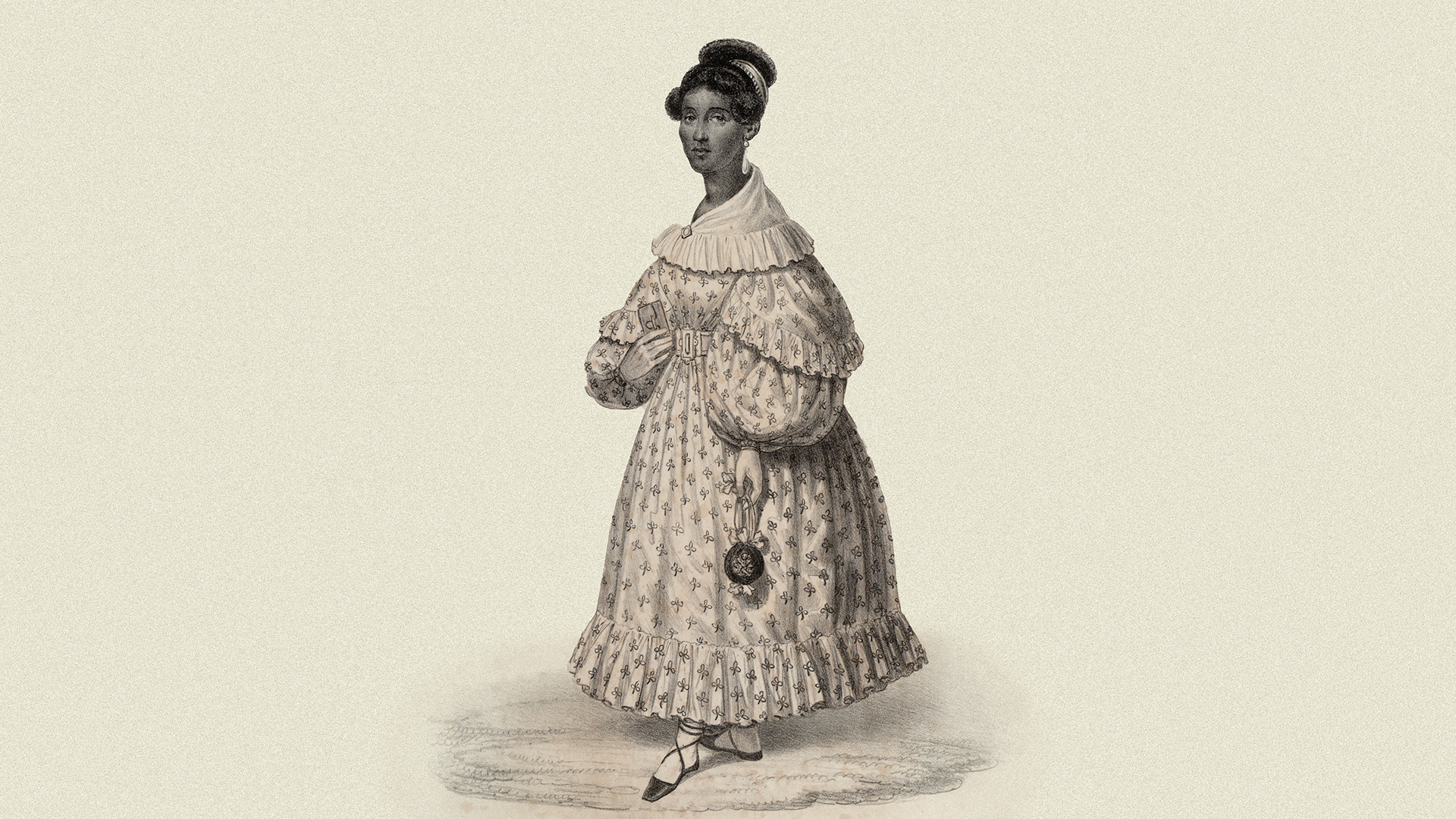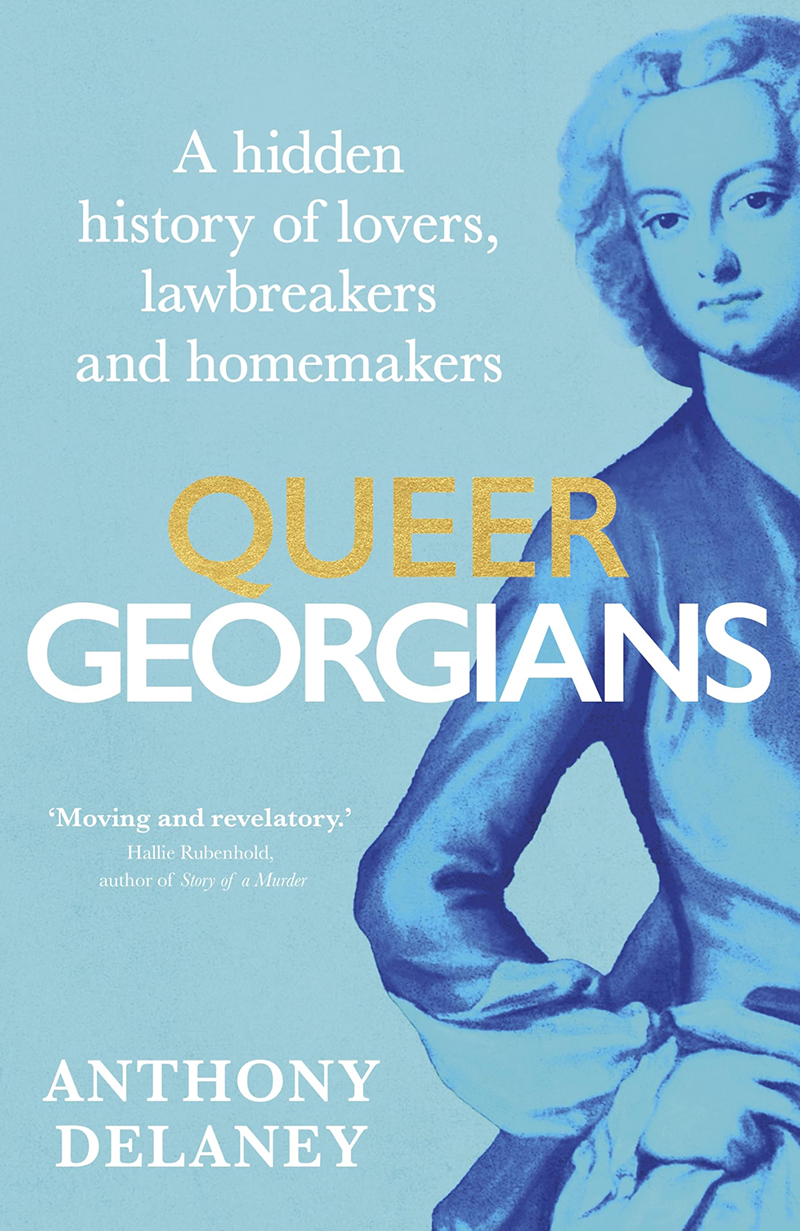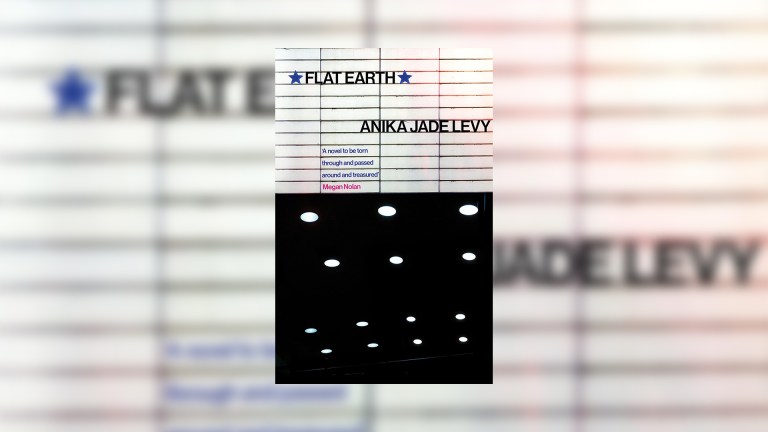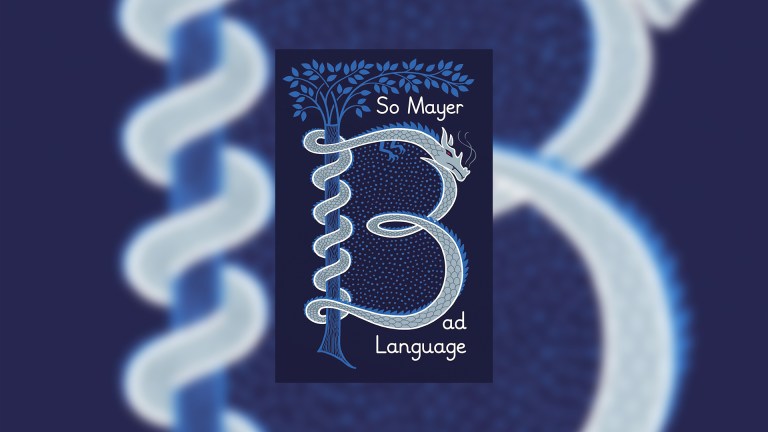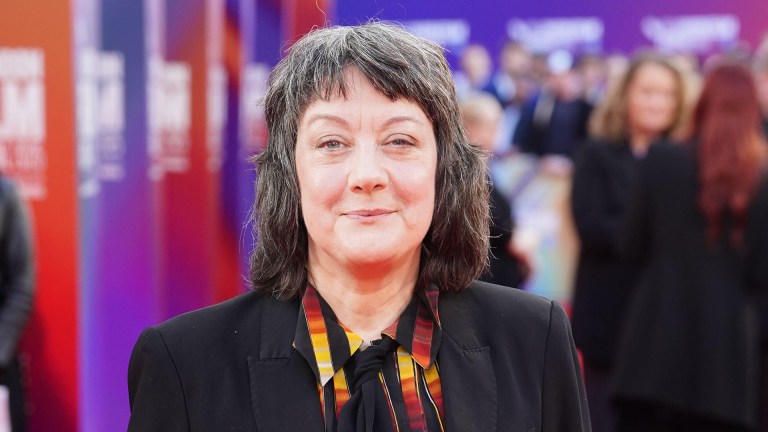Some would have you believe that queer histories can only really be written about from the late 19th century onwards, when words like ‘homosexual’ first appear. But spend a little time in dusty old archives and a very different reality soon emerges. Regardless of the words used to describe same-sex attraction or gender non-conformity, you’ll find a plethora of histories that detail queer tragedy and persecution, yes, but you’ll also discover stories of joy and love, of hope and of belonging – long before Oscar Wilde arrives on the scene.
Get the latest news and insight into how the Big Issue magazine is made by signing up for the Inside Big Issue newsletter
With this in mind, I spent the past several years looking at the Georgian era (1714 to 1837). It’s a period sandwiched between the indecisive Stuarts and the often-moralistic Victorians, both of whom tend to hog the historical spotlight. Yet the Georgians were asking many of the same questions regarding gender and sexuality we ask today: What makes a man? What is a woman? And what about those who didn’t fit neatly into either? Their lives, form a vibrant queer world that feels both familiar and surprising.
That world is the subject of my new book, Queer Georgians. Within its pages you’ll meet a milkman, a pair of pistol-toting Irish runaways, a Black trans sex worker in New York, and many others who loved, lived and struggled in ways that still resonate with us today.
Take Gabriel Lawrence, for instance, a London milkman who spent time at Mother Clap’s molly house. This was a secret club where working-class men gathered to drink and meet one another. The Georgians called them the ‘mollies’, and these men created a community together when the outside world refused them one. Of course, transgressive joy attracted attention. Authorities raided, arrests followed and some of the men ended up at the gallows. Yet what shines through is not just the tragedy of their final days but the defiance of their lives beforehand. These men sought out each other’s company despite enormous risk. They carved out safety, security and pleasure in the cracks of a hostile society, proving that even in the most difficult circumstances people will find ways to connect.
Read more:
